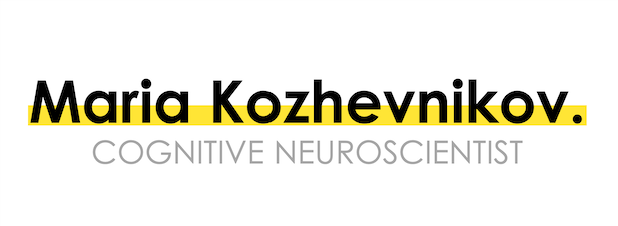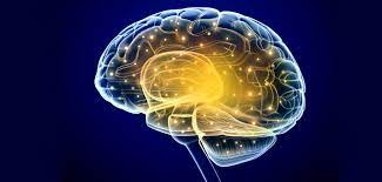

 This module concerns the applications of psychology and cognitive neuroscience research to human performance in natural and virtual reality environments. As the use of technology becomes increasingly central to daily life, the study of human-technology interaction has emerged as one of the most dynamic and important areas of contemporary psychology and human performance. In this course, we will examine the importance of human performance and human-technology interaction from a cognitive perspective (i.e., taking into account the psychological aspects of the user, such as memory, perception, visualization skills, and domain-specific knowledge). During the course, we will also explore the limits of innovative computer technologies (e.g., virtual reality) as mediums for assessment, learning, and training.
This module concerns the applications of psychology and cognitive neuroscience research to human performance in natural and virtual reality environments. As the use of technology becomes increasingly central to daily life, the study of human-technology interaction has emerged as one of the most dynamic and important areas of contemporary psychology and human performance. In this course, we will examine the importance of human performance and human-technology interaction from a cognitive perspective (i.e., taking into account the psychological aspects of the user, such as memory, perception, visualization skills, and domain-specific knowledge). During the course, we will also explore the limits of innovative computer technologies (e.g., virtual reality) as mediums for assessment, learning, and training.
 This module focuses on the neural underpinnings of memory. It covers the biological bases of the different memory systems and how these may interact with biological systems that support other cognitive functions like attention, language etc. Additionally, the various neuroscience methods that are used to study memory are discussed.
This module focuses on the neural underpinnings of memory. It covers the biological bases of the different memory systems and how these may interact with biological systems that support other cognitive functions like attention, language etc. Additionally, the various neuroscience methods that are used to study memory are discussed.
 The primary goal of the seminar is to present and discuss the most recent developments in the field of Human-Computer interaction (HCI) and new media psychology. The course will introduce important theories on how people perceive information from the media and how media affects cognitive processing of individuals. Based on empirical social science research, this course will examine the effects of media on user’s cognition, attitude, and behaviour. While the focus of the course will be on how media, both traditional and new media, affects individual users, the theories and empirical research from cognitive psychology, neuroscience, and human-computer studies will be also discussed.
The primary goal of the seminar is to present and discuss the most recent developments in the field of Human-Computer interaction (HCI) and new media psychology. The course will introduce important theories on how people perceive information from the media and how media affects cognitive processing of individuals. Based on empirical social science research, this course will examine the effects of media on user’s cognition, attitude, and behaviour. While the focus of the course will be on how media, both traditional and new media, affects individual users, the theories and empirical research from cognitive psychology, neuroscience, and human-computer studies will be also discussed.